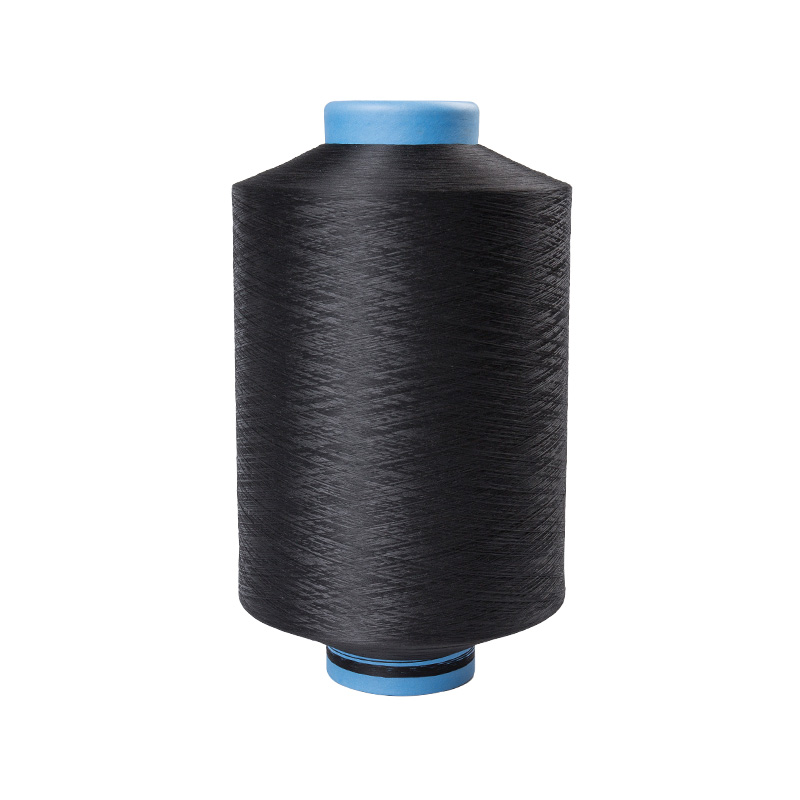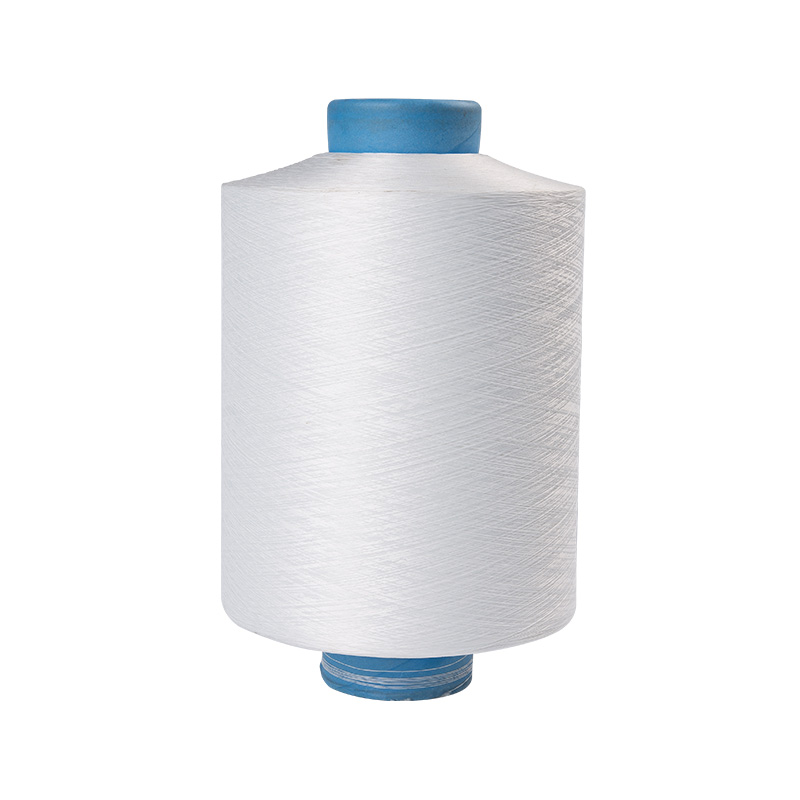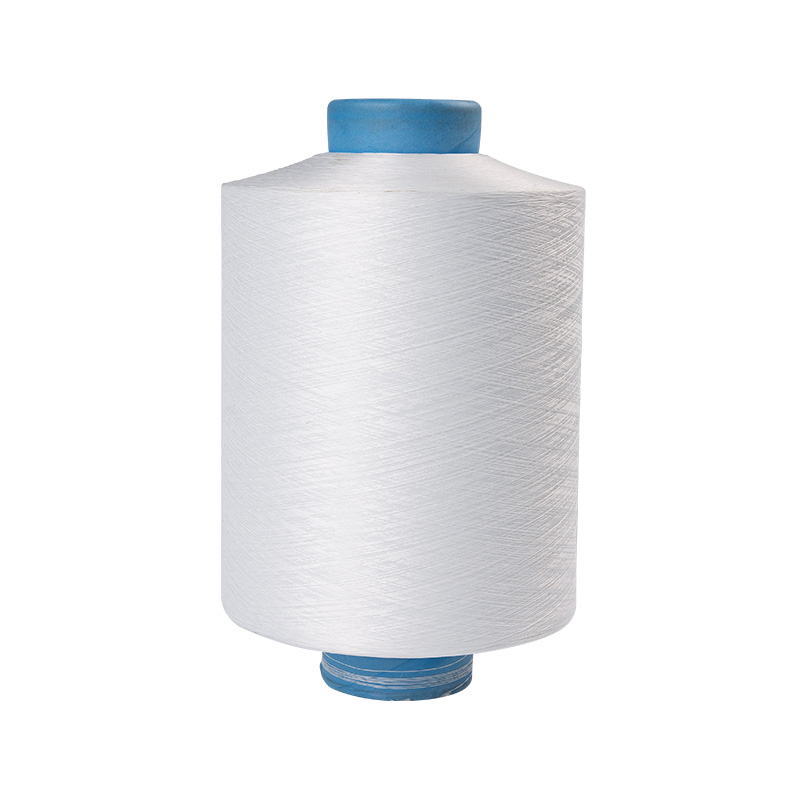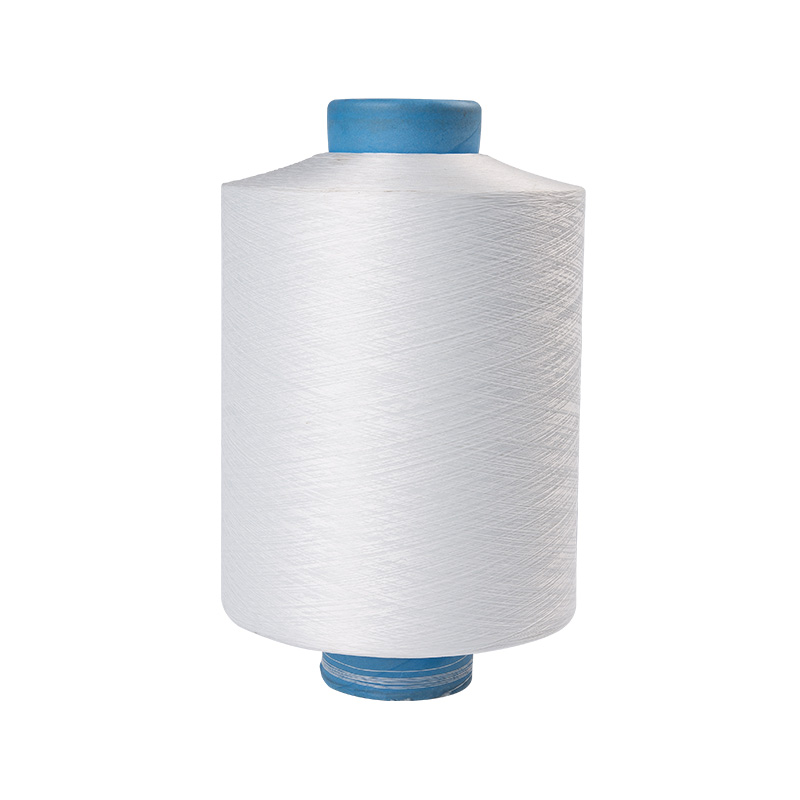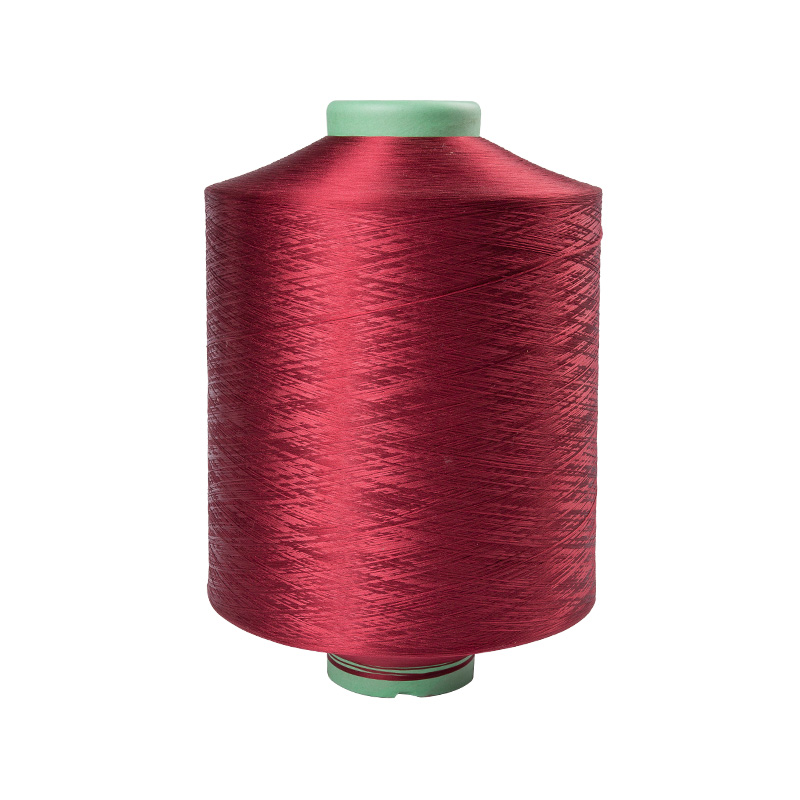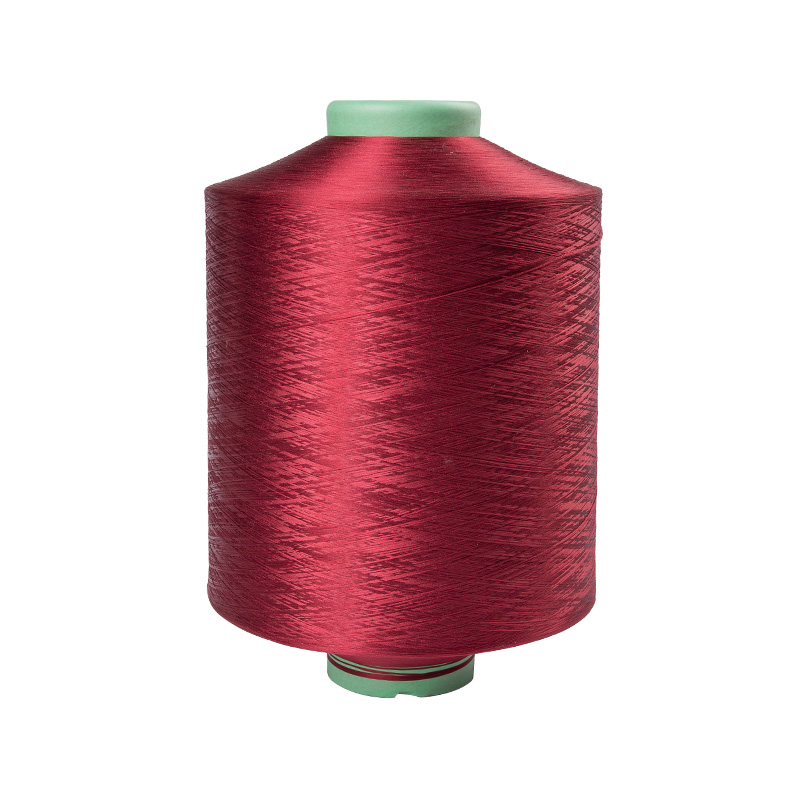With the increasing awareness of environmental protection, the textile industry is constantly exploring more environmentally friendly materials and production processes. Full-DULL Partially Oriented Yarn, as a special yarn material, also has a series of factors worth considering in terms of environmental protection.
First of all, the source of raw materials for Full-DULL Partially Oriented Yarn is an important part of environmental protection considerations. High-quality raw materials not only ensure the quality of yarn, but also reduce environmental pollution during the production process. Therefore, when choosing raw materials, priority should be given to fibers that have been sustainably grown and processed, such as organic cotton, regenerated fibers, etc. Not only are these fibers environmentally friendly, they also reduce dependence on limited natural resources.
The production process of Full-DULL Partially Oriented Yarn is also a key factor in environmental considerations. During the production process, energy-saving and emission-reducing processes and equipment should be adopted as much as possible to reduce the emission of waste water, exhaust gas and other pollutants. At the same time, you can also consider adopting a recycling production method to reuse waste during the production process to reduce the negative impact on the environment.
The degradability of Full-DULL Partially Oriented Yarn is also an important factor in environmental considerations. Traditional synthetic fibers are often difficult to degrade in the natural environment, causing long-term pressure on the ecological environment. Therefore, when selecting yarn materials, attention should be paid to their degradation properties, and materials that can naturally degrade within a certain period of time should be selected as much as possible to reduce long-term pollution to the environment.
The packaging and transportation of Full-DULL Partially Oriented Yarn also require attention to environmental issues. Environmentally friendly materials should be used for packaging to reduce the use of non-degradable materials such as plastics. During the transportation process, the transportation plan should be optimized to reduce energy consumption and emissions and reduce the impact on the environment.
The environmental considerations of Full-DULL Partially Oriented Yarn involve raw material selection, production technology, degradation performance, packaging and transportation. Only by fully considering these aspects and taking corresponding measures can we truly realize the environmentally friendly production and use of Full-DULL Partially Oriented Yarn and contribute to the sustainable development of the textile industry.

 English
English 中文简体
中文简体